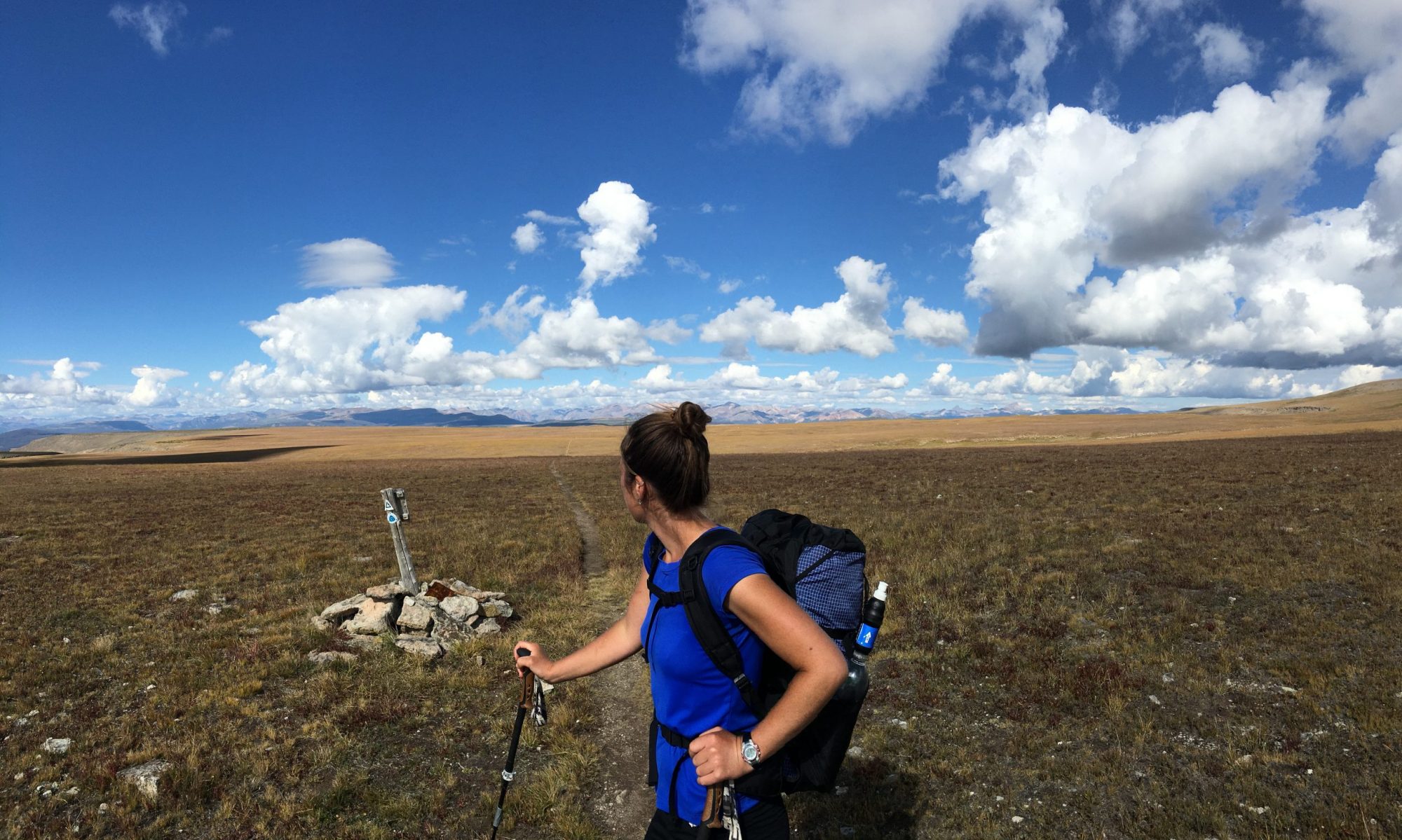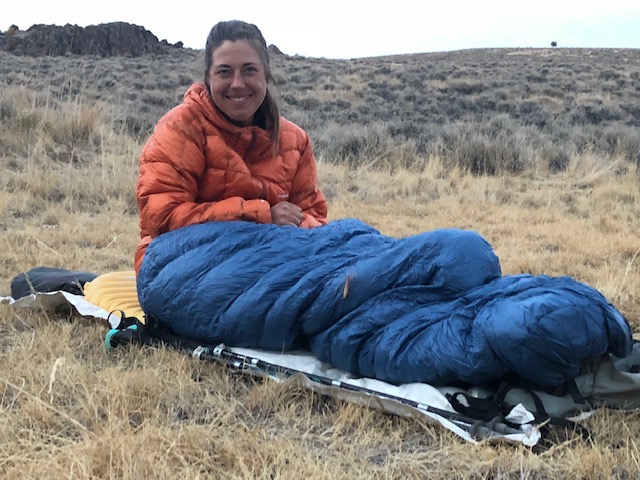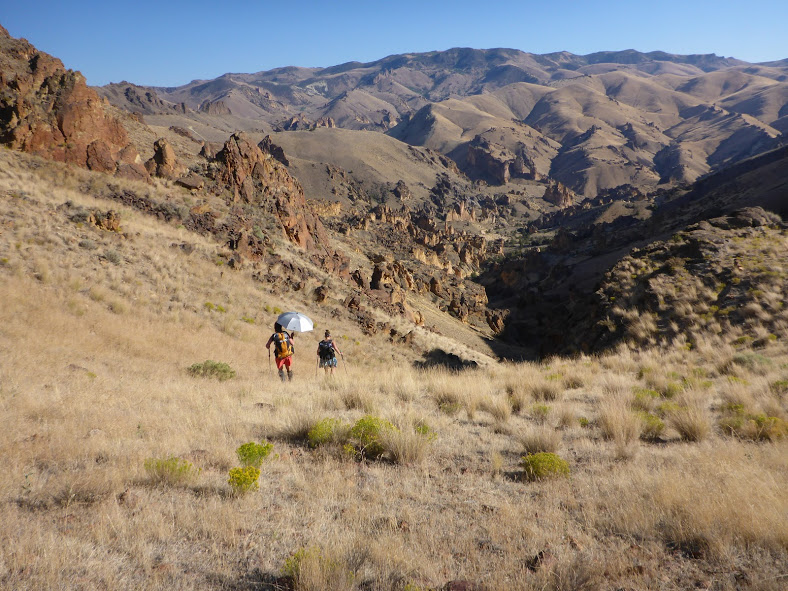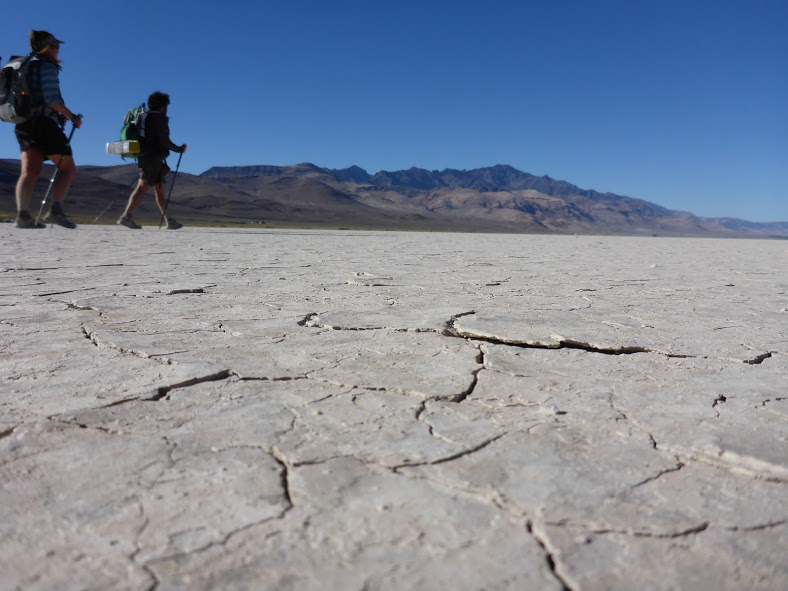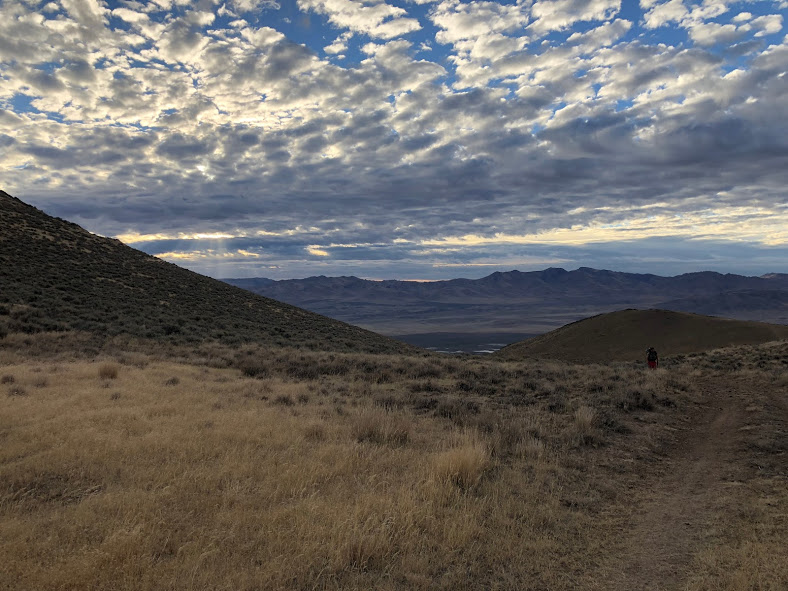The Trail Show Salty Segment February 2020
The Question
Dear Salty,
The holidays are over and winter is in full swing. I feel sluggish and tired, but spring is taunting and I know when it hits I will want to be ready to hit the trails. I know I need to just get out and exercise more, but what else can I do to repair my body so I’m ready to go?
I know there are all kinds of cleanses but how do I decide which one and how do I know which supplements are just sawdust in a gelatin capsule? I don’t regret my choices. I had a great holiday season, but I know I’m a wee bit depleted.
Thanks for all your wisdom…hope to see you in the colon cleanse aisle at Whole Foods.
Buckles
The Answer
Great question, Buckles, and good for you for getting a jump start on a healthy hiking season. This is a great time to repair your body so you’re fully prepared when spring rolls around!
Safely Incorporate More Movement
Like you mentioned, getting back to regular movement is a great start. If you’ve been inactive for the winter, remember to start low and go slow with building up. This will help you avoid injuries that could derail your hiking season.
Focus on Whole Foods
The place to start with repairing your body from holiday overindulgence is getting back to a primarily whole foods diet. As a reminder, whole foods are things that don’t have an ingredient label, such as broccoli, fish, apple, etc.
Rest & Repair the Body with a “Cleanse”
A “cleanse” can be a good reset for the body and helps some people to make a clear transition in their minds into a new phase where they’re prioritizing healthy habits. The basic idea is remove inflammatory foods so your body has a chance to divert resources to repairing your body. Reducing inflammatory foods is also fantastic for supporting a healthy microbiome, which is imperative for nutrient absorption and assimilation.
If you’re looking for a place to start, I’d suggest trying the AIP protocol or Whole30. These involve removing inflammatory foods, like alcohol, sugar, dairy, and grains for 30 days. If you really want to go for it, there are many benefits to fasting. To avoid having a really hard time, messing up your metabolism, and/or losing muscles, it’s imperative to choose the right type of fast for your body and to approach it in a smart way. This is particularly important if you have hormonal imbalances or adrenal issues. Read this post, do your research, and consider working with a practitioner who can safely guide you.
Keep in mind, the focus of these cleanses is not restriction and rapid weight loss (though weight loss may occur). It’s about giving the body a reprieve from incoming stressors and allowing it to be repaired. But, you don’t have to be extreme, and actually I’d suggest you don’t because those approaches generally aren’t sustainable.
Repair with the Right Supplements
It wouldn’t be a bad idea to get on a high quality multivitamin or greens power for a month or so to top off vitamin and mineral stores that have been depleted by overconsumption of nutrient poor food, stress, alcohol, and lack of sunlight.
To avoid buying sawdust (or worse), I’d suggest going through a practitioner or online dispensary rather than purchasing the cheapest thing you find on Google or Amazon. To create a free account and receive 10% off professional grade supplements, you can use my online dispensary here.
Speaking of vitamins, it wouldn’t be a bad idea to get on a high quality multi or greens power for a month or so to top of vitamin and mineral stores that have been depleted by over consumption of crappy food, stress, alcohol, and lack of sunlight. It also supports your microbiome which is the foundation of feeling good
Get More Sunlight
Another free tactic I’d highly recommend is that you start getting out in the sun. This will support your circadian rhythm which supports proper hormone production which supports immunity, digestion, and restful sleep. I’d say get out at least 3 times per day- morning, noon, and night-for a minimum of 10 min each time. This will also help with vitamin D synthesis which will help with a lot of things, including the sluggishness. If it’s not possible to get outside for sunlight where you live, consider red light therapy or full spectrum light therapy.
Recover & Repair Recap
So, to recap, whole foods and exercise are the foundation. If you’re called to do a cleanse or fast, do it safely by doing your research first. Top off vitamin stores through a good multi and/or greens power. Support your gut with fermented food and soluble fiber. Finally, get outside for sunlight three times per day.
Do these things and you’ll be ready to crush those miles once spring rolls around.
These tactics (and much more) are exactly what we cover in the online Adventure Ready course, where you learn how to go from winter mode to being completely physically prepared for hiking season. We cover nutrition, creating a training plan, how to optimize your gut health, upgrading your sleep so you perform and recover optimally, and how to manage your stress to keep your hormones functioning at their peak levels.
Related Posts
How to recover from holiday overeating
TTS Q last january: how to recover from overeating
